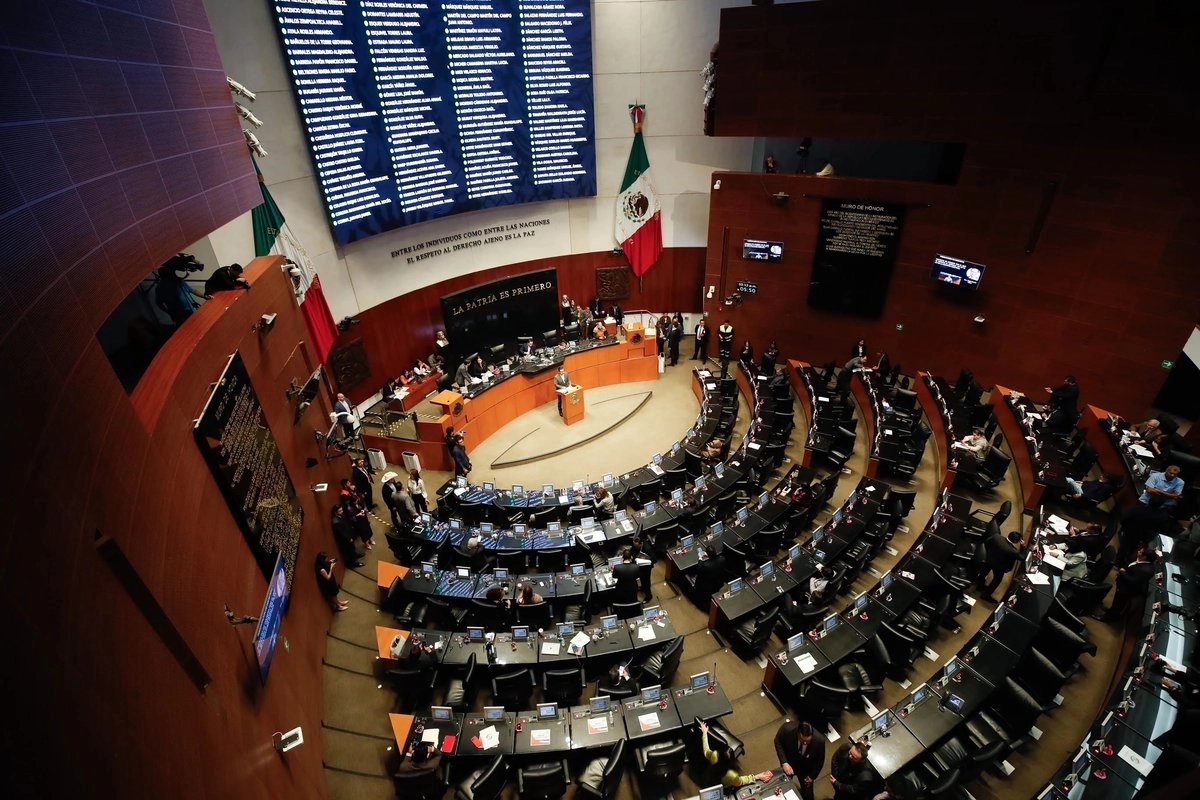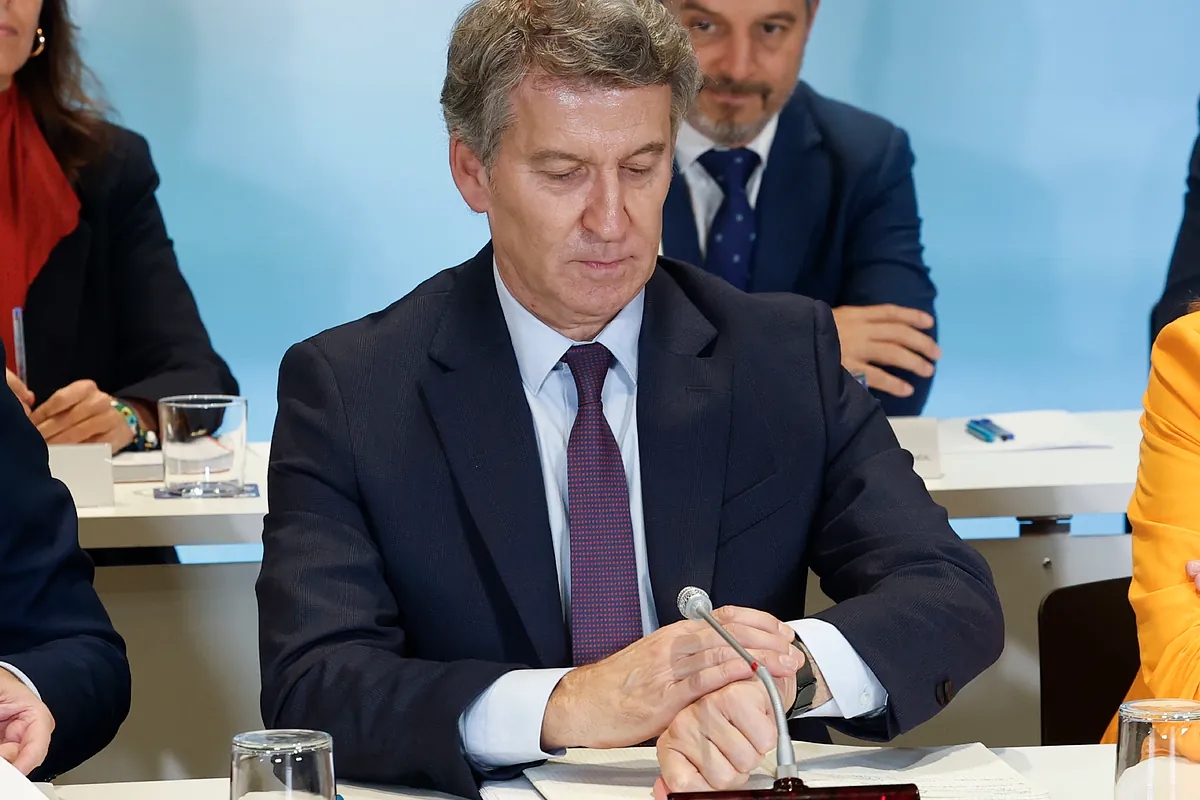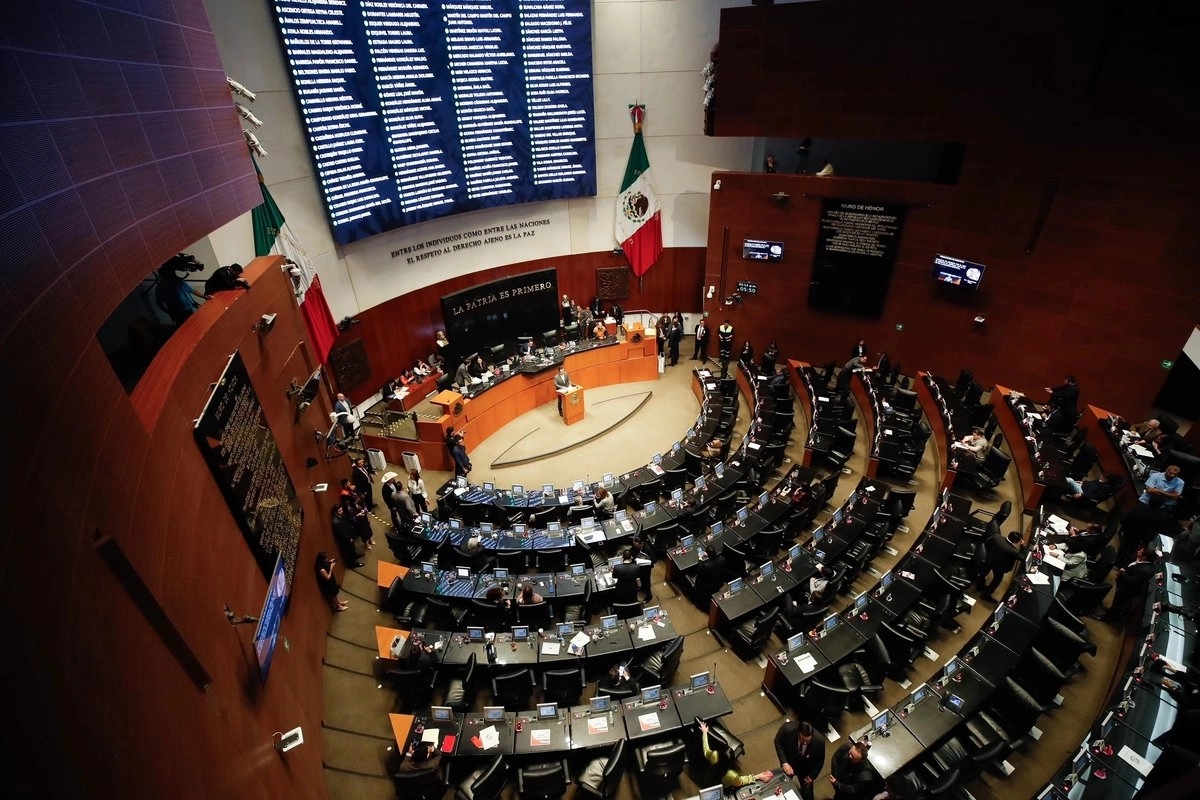Morena and the opposition clash in the Senate over the murder of Carlos Manzo

The assassination of the mayor of Uruapan, Carlos Manzo Rodríguez , which occurred on November 1st during the Day of the Dead celebrations, has not only generated shock in Michoacán, but also triggered a direct confrontation in the Senate of the Republic between legislators from Morena and their allies , against the PAN and the PRI , who accused the federal government of omission and of not stopping the advance of violence in the country.
What began as an institutional statement ended up becoming a session filled with shouting, disqualifications, accusations of "political use of crime" and even the use of a megaphone by PAN senator Lilly Téllez to interrupt the debate.
The session began with the official reading of a statement by the Senate President, Laura Itzel Castillo , in which the mayor's murder was condemned and support was expressed for the "Peace Plan for Michoacán" promoted by President Claudia Sheinbaum .
But after the reading, the opposition took to the podium and turned the debate into a direct challenge to the federal security strategy. Legislators from the PAN and PRI parties stated that the government had abandoned Manzo and that his death demonstrated the failure of the security policy.
The tone escalated rapidly. From the ruling party, the response was immediate: they accused the opposition of being "vultures" for trying to politically capitalize on the murder.
The coordinators of the PAN and PRI parties, Ricardo Anaya and Manuel Añorve , asserted that the crime was a “state assassination,” occurring without sufficient protection despite the threats the mayor had reported. Añorve declared that “Michoacán is a reflection of Morena’s failure,” while Marko Cortés noted that ten sitting mayors have been murdered during the current administration.
Lilly Téllez, in turn, dedicated her speech to directly attacking Sheinbaum and the pro-government legislators, calling them "mafiosos and drug traffickers." Later, when interrupting Gerardo Fernández Noroña, she used a megaphone to shout from her seat.
Morena responded through Senator Reyna Celeste Ascencio , who affirmed that Manzo did have protection from the National Guard, and labeled the opposition as "hypocrites": "They never toured Uruapan with him, they never accompanied him in his struggle," she said amid shouts from PAN legislators.
After being granted time by the PT, Gerardo Fernández Noroña took the floor and launched a direct accusation: “You are exploiting the murder of Carlos Manzo for political gain. Scavengers, scavengers.”
In response, Téllez activated the megaphone, and the Senate president had to admonish him several times. Noroña recalled past political assassinations, such as that of Luis Donaldo Colosio or those of officials during Calderón's presidency, to argue that no government has achieved total immunity from violence.
Tensions reached their peak when Téllez shouted, “Manzo was killed by the State!” and accused Noroña of having “blood on his hands.” For several minutes, the plenary session was practically at a standstill amid shouts that the presiding officer tried unsuccessfully to quell.
One of the moments that highlighted the contrast was when the Morena party members cited the position of the mayor's widow, Grecia Quiroz , who called for calm and rejected political violence, a message opposite to the tone of the opposition.
“Unlike you, she asked for serenity,” said Senator Emmanuel Reyes, the last speaker from the ruling party bloc.
Meanwhile, on the opposition side, the demands remained: the resignation of Governor Alfredo Ramírez Bedolla , a review of the security strategy, and a direct demand to President Sheinbaum.
The exchange revealed something deeper than a reaction to a crime: Manzo's murder sparked one of the first high-level legislative clashes in the new federal administration and showed that public safety will be the most contentious issue of the next political cycle .
Amid cross-accusations, calls for order, and a visibly divided Congress, the session ended without agreements, but with a clear message: violence in Michoacán, and in the country, will be a permanent political dispute.
La Verdad Yucatán





